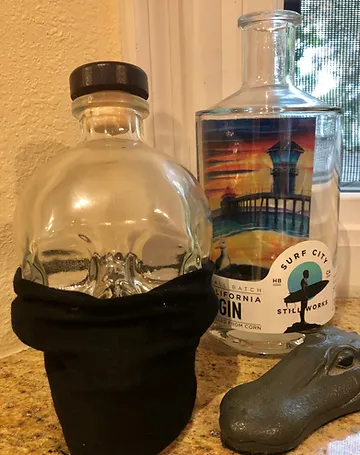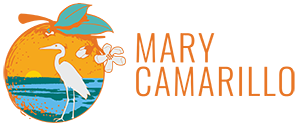 My hobby is being right. I was a government auditor, a bean counter, the family keeper of addresses and phone numbers, the oldest sister in charge of two brothers. I’m supposed to know what I’m talking about and am annoyingly convinced that I do. It is hard to for me to admit I’m wrong about something. This is my confession.
My hobby is being right. I was a government auditor, a bean counter, the family keeper of addresses and phone numbers, the oldest sister in charge of two brothers. I’m supposed to know what I’m talking about and am annoyingly convinced that I do. It is hard to for me to admit I’m wrong about something. This is my confession.
On February 1, 2020, my husband and I went out to dinner at South Coast Plaza after seeing the play She Loves Me, likely the last play we’ll see at South Coast Rep for some time. It was terrific, as always. SCR does a fantastic job. We had a dinner reservation at the Hall Global Eatery, a new place by Amar Santana of Vaca. We walked into the mall past Din Tai Fun’s open kitchen. “Look at that,” my husband says. “Every single person working there is wearing a mask.” “I’m glad we’re not eating there,” I say. “They’re probably all sick.”
This is what I believed only a few short months ago in a different world–people only wear masks because they are sick and therefore should be avoided. But back in February, the culinary staff at Din Tai Fun already knew something that it’s taken the rest of us until May to realize. Wearing a mask protects other people. It keeps them safe. It’s what doctors, scientists, and health workers advise and now, when I see people not wearing masks, I assume they don’t care about anyone except themselves.
Does this assumption make me a liberal Democrat? I was already one of those. But I realize I can be very wrong when I make assumptions. A favorite phrase of auditors: “assume” makes an ass out of you and me.
At a drive-by birthday party for a toddler, we sit in our car in a big box parking lot, waiting for the procession to start, watching young unmasked couples chase kids and mingle with other young unmasked couples chasing their own kids. I’ve always assumed parents do their best to be good role models for children they love and want to turn into compassionate and responsible human beings. I may be wrong about this assumption as well.
At another drive by celebration for a college graduate it’s wonderful to talk to family members we haven’t seen since Christmas sitting in their parked cars with windows rolled down. Wonderful until a relative walks straight up to our car, jams an arm through my husband’s open window, grabs his hand and insists on shaking it. “I’m not worried about anything,” the relative says. My husband is shocked, pulls his hand away and immediately douses it with sanitizer. “I have a compromised immune system,” he says.
“Sorry,” the relative says. “I didn’t know you were sick.” “He’s not sick,” I say. “And we’re trying to keep it that way.” I assume from this person’s expression that regret is felt, but the odds that this person’s future behavior might change seem unlikely.
Saturday afternoon, there’s a garage band playing in our neighborhood. We put on our masks, set up folding chairs in the street more than six feet away from everyone to listen as we watch our neighbors amble up and down the street with their small children, socializing with other couples. I try to assume they’re all related, have detailed information about how and with whom each person has socially interacted, and have all used responsible precautions and followed the protocols. Another unsupported assumption, since the only ones wearing masks are the three of us older than sixty-five years of age. We’re protecting all of you; I think. But who is protecting us?
The band is good, but we don’t stay long. We go home, where we assume we are safer.


